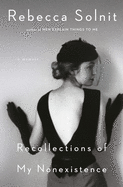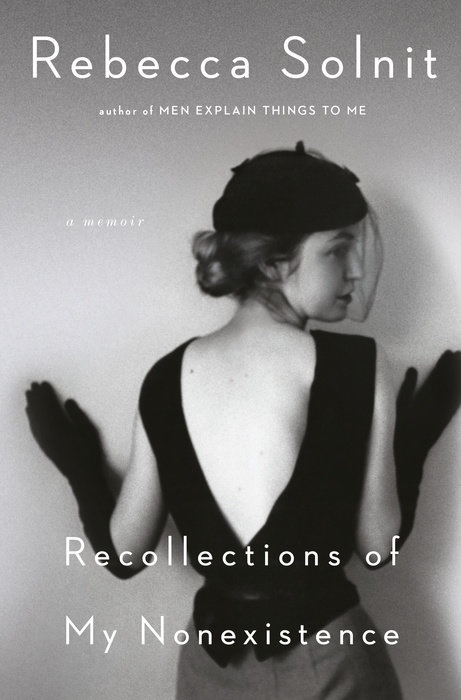 There's always been a strong autobiographical current coursing through Rebecca Solnit's politically engaged writing. In Recollections of My Nonexistence: A Memoir, however, the prize-winning journalist, critic and activist departs from the piecework of collections like The Encyclopedia of Trouble and Spaciousness for a more sustained encounter with the events and ideas that have defined her work. In this account--a multifaceted description of identity formation and social commentary--Solnit remains both provocative and eloquent.
There's always been a strong autobiographical current coursing through Rebecca Solnit's politically engaged writing. In Recollections of My Nonexistence: A Memoir, however, the prize-winning journalist, critic and activist departs from the piecework of collections like The Encyclopedia of Trouble and Spaciousness for a more sustained encounter with the events and ideas that have defined her work. In this account--a multifaceted description of identity formation and social commentary--Solnit remains both provocative and eloquent.
Solnit's memoir is rooted in the soil of the 25 years she spent in a small studio apartment in San Francisco's Western Addition neighborhood. She moved to the predominantly African American area in 1981, at age 19, watching it slowly gentrify in the face of the technology industry's invasion of the region. In that apartment, one in which she says she "was a hermit crab who had crawled into a particularly glamorous shelter, until, as hermit crabs do, I outgrew it," Solnit describes establishing herself as a writer and forging her identity as a woman and a feminist.
It's to that latter subject that Solnit devotes much of her attention. She begins with her writing desk, the gift of a female friend who survived a knife attack. Solnit then expounds on the subject of violence against women, and even the less mortally dangerous ways she experienced altercations that "were about men asserting their sovereignty over me, asserting I was a subject nation," as she indulged her passion for walking the streets of San Francisco. The book's title is based, in part, on her persistent, but sadly necessary attempts at self-erasure as a means of avoiding these and other confrontations.
But Solnit emerges confident and strong in describing how she came to write the essay "Men Explain Things to Me"--the piece that gave birth to the term "mansplaining," which found its way into the Oxford English Dictionary in 2014. In telling that story, the ardent feminist explains how "the mild disparagement of having your subject of expertise explained to you by a fool," is on a spectrum, "and that the other end of the spectrum is full of violent death."
Conversant with subjects as diverse as art of the Beat period, nuclear testing or the landscape of the American West, Solnit's expertise is broad and impressive. A writer who's "fond of sentences less like superhighways than winding paths, with the occasional scenic detour or pause to take in the view," she's as capable of writing lyrically about "watching the fog cascade over itself like gargantuan, phantasmagorical tumbleweeds" as she is modest in describing how she's "grabbing handfuls of flotsam from a turbulent river; you can arrange the detritus but you can't write the whole river."
Rebecca Solnit's work suggests what Joan Didion might have produced if she had been, in addition to a compelling writer, a passionate political activist. Whether one agrees or disagrees with her, it's always rewarding to engage with her fertile, thoughtful mind. --Harvey Freedenberg, freelance reviewer
Shelf Talker: In a stirring memoir, Rebecca Solnit unearths key elements of her personal and professional origin story.
 "Part of my joy in leaving out a public typewriter is saving all the notes from the thousands of anonymous typists over the years. I keep them in a filing cabinet at home. Every now and then, I grab a huge stack of notes and re-read them. I can't tell who wrote these notes--how old they are, where they were born, what they look like, where they are from, what they believe in. And that's the beauty of it. Because as I re-read the thousands of notes left behind on our public typewriter, I'm always reminded of what binds us together: the overwhelming subject people type about, more than anything else, is love. Wanting love. Missing love. Having love. Needing love.
"Part of my joy in leaving out a public typewriter is saving all the notes from the thousands of anonymous typists over the years. I keep them in a filing cabinet at home. Every now and then, I grab a huge stack of notes and re-read them. I can't tell who wrote these notes--how old they are, where they were born, what they look like, where they are from, what they believe in. And that's the beauty of it. Because as I re-read the thousands of notes left behind on our public typewriter, I'm always reminded of what binds us together: the overwhelming subject people type about, more than anything else, is love. Wanting love. Missing love. Having love. Needing love.






SHELFAWARENESS.1222.T1.BESTADSWEBINAR.gif)
 John and Sarah Bonczyk, co-owners of
John and Sarah Bonczyk, co-owners of  John Cameron, a writer and ski patrol adventurer, has bought
John Cameron, a writer and ski patrol adventurer, has bought 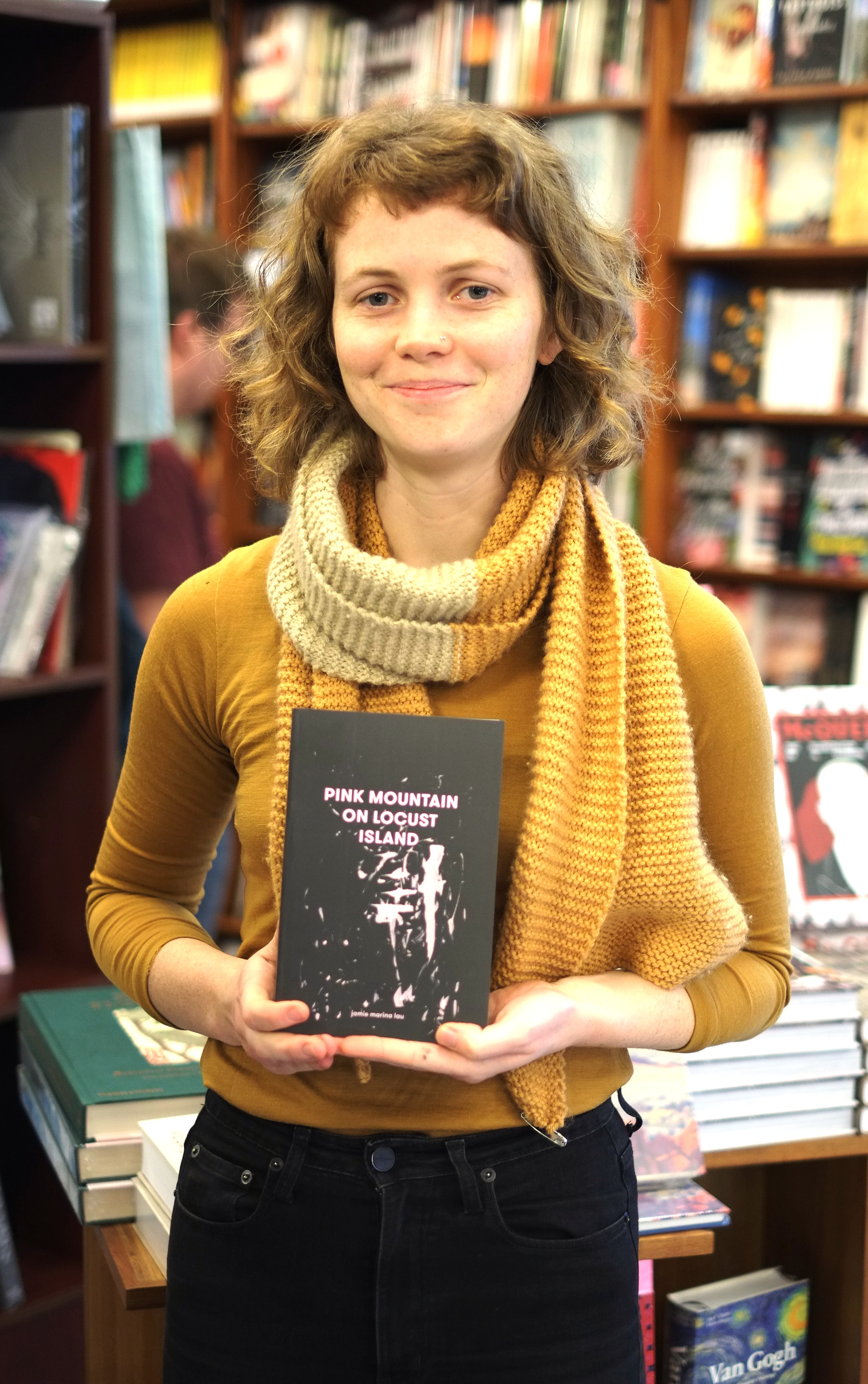
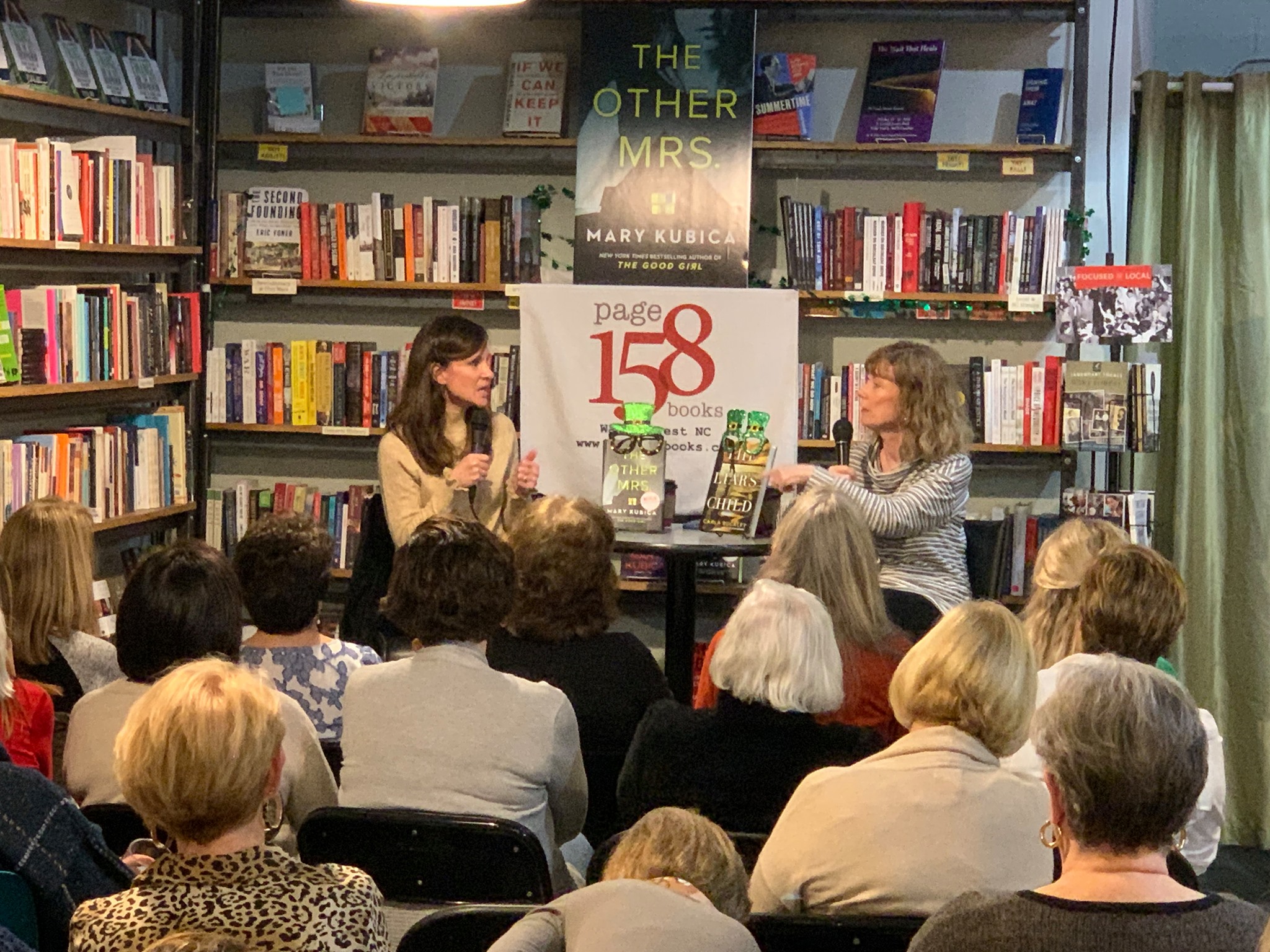
 Congratulations to
Congratulations to 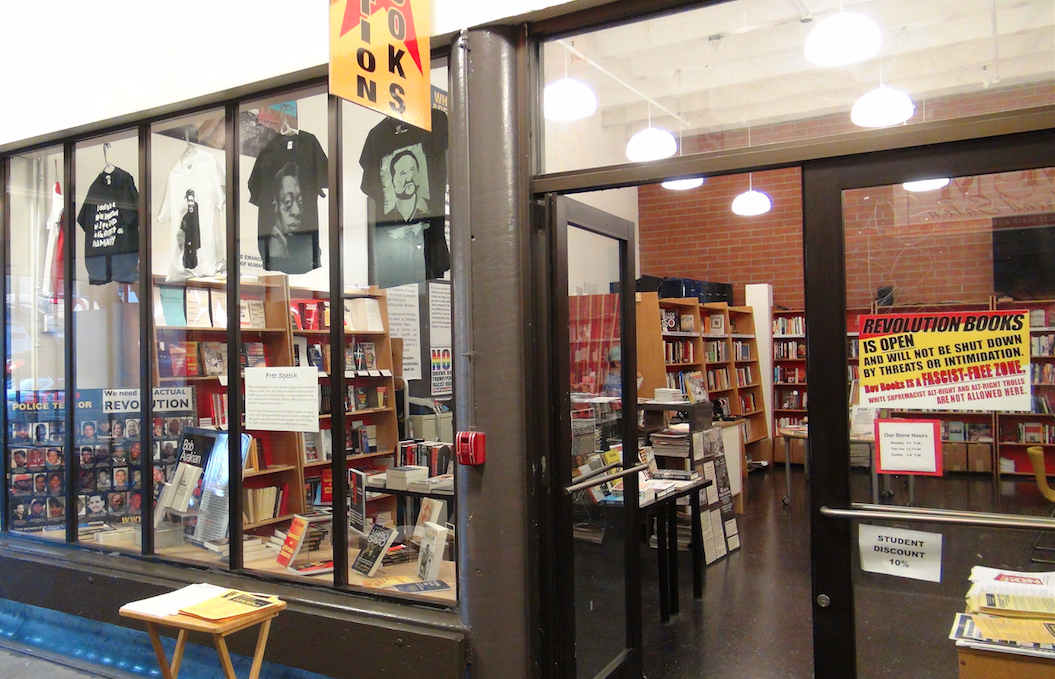 Congratulations to
Congratulations to  Manhattan's
Manhattan's  Voices in the Snow
Voices in the Snow There's always been a strong autobiographical current coursing through Rebecca Solnit's politically engaged writing. In Recollections of My Nonexistence: A Memoir, however, the prize-winning journalist, critic and activist departs from the piecework of collections like
There's always been a strong autobiographical current coursing through Rebecca Solnit's politically engaged writing. In Recollections of My Nonexistence: A Memoir, however, the prize-winning journalist, critic and activist departs from the piecework of collections like 